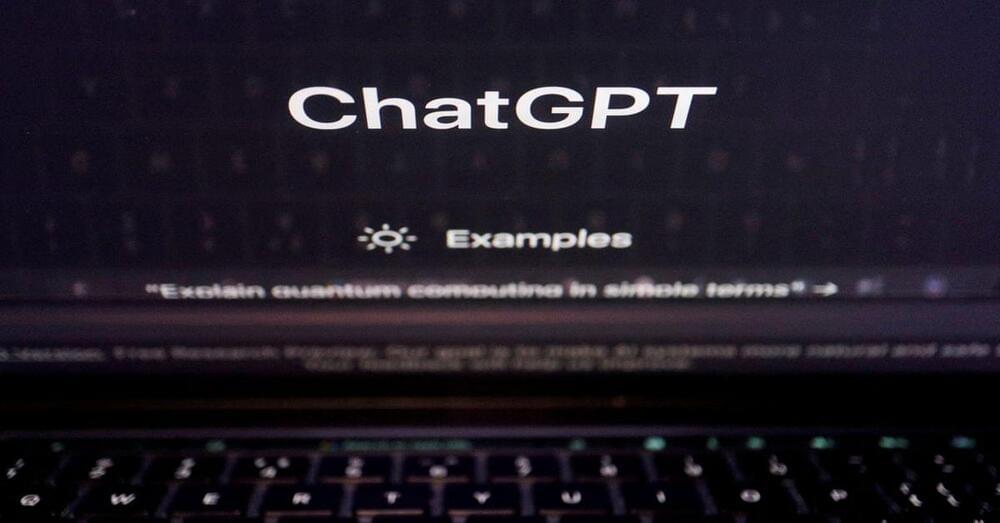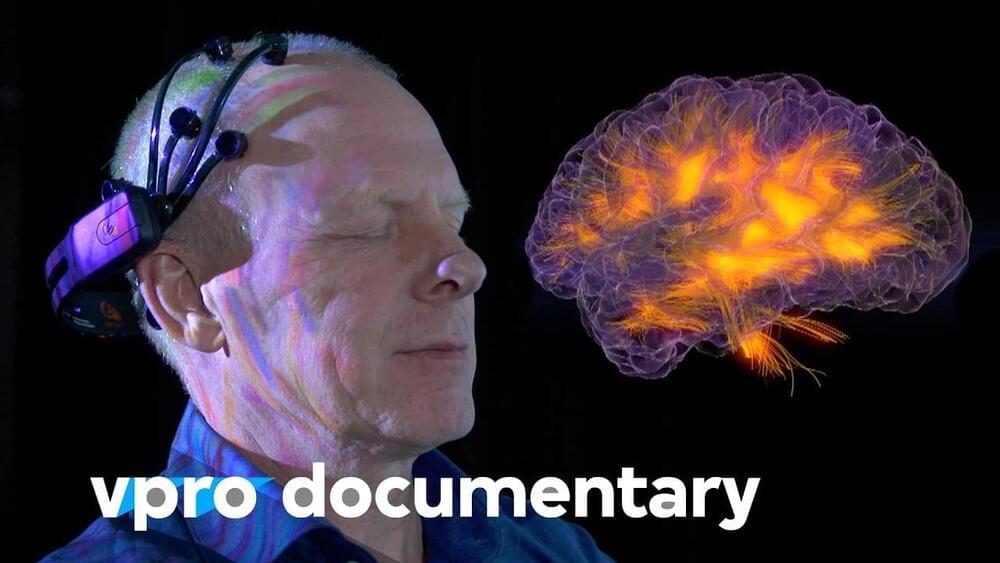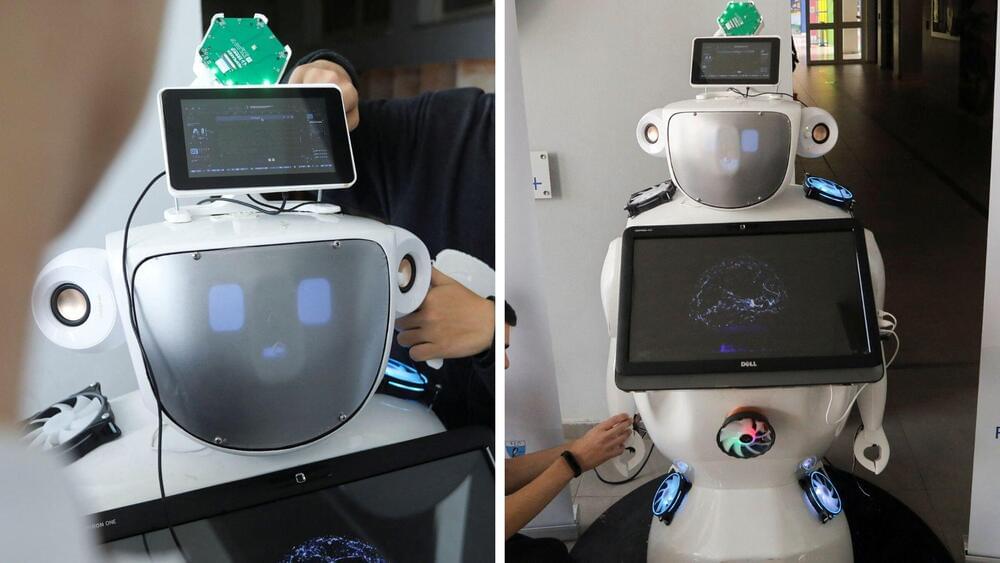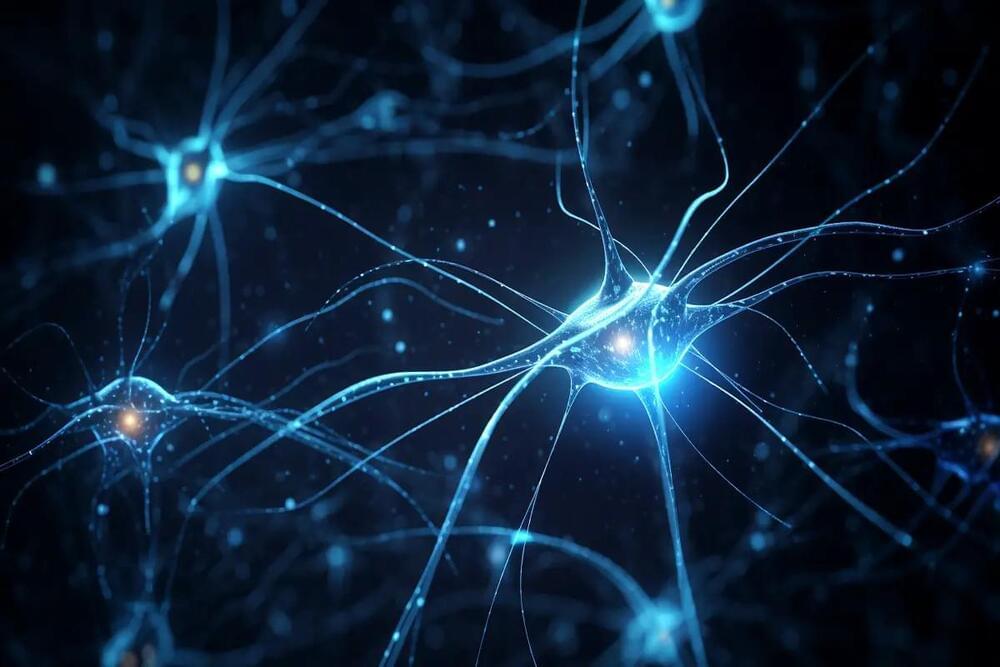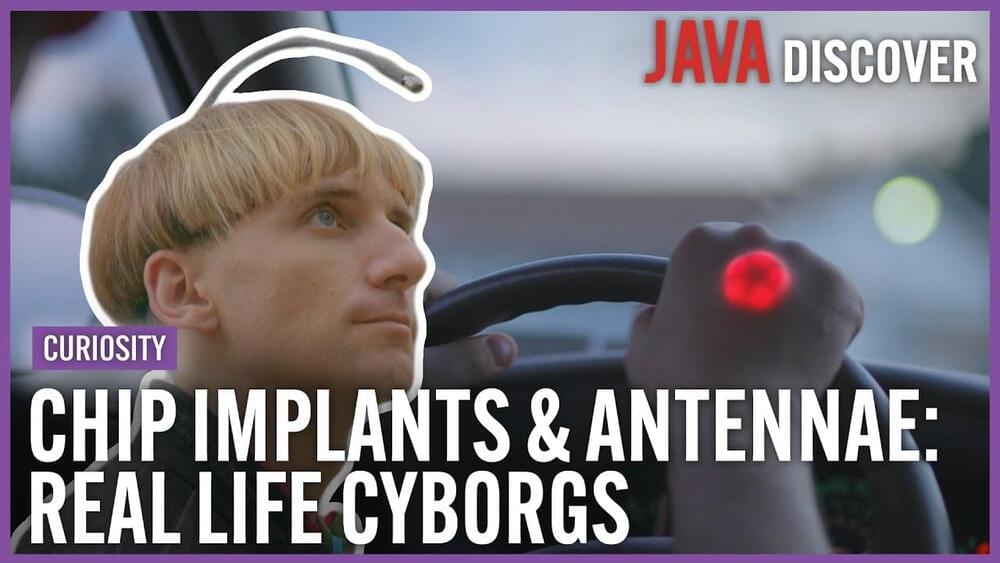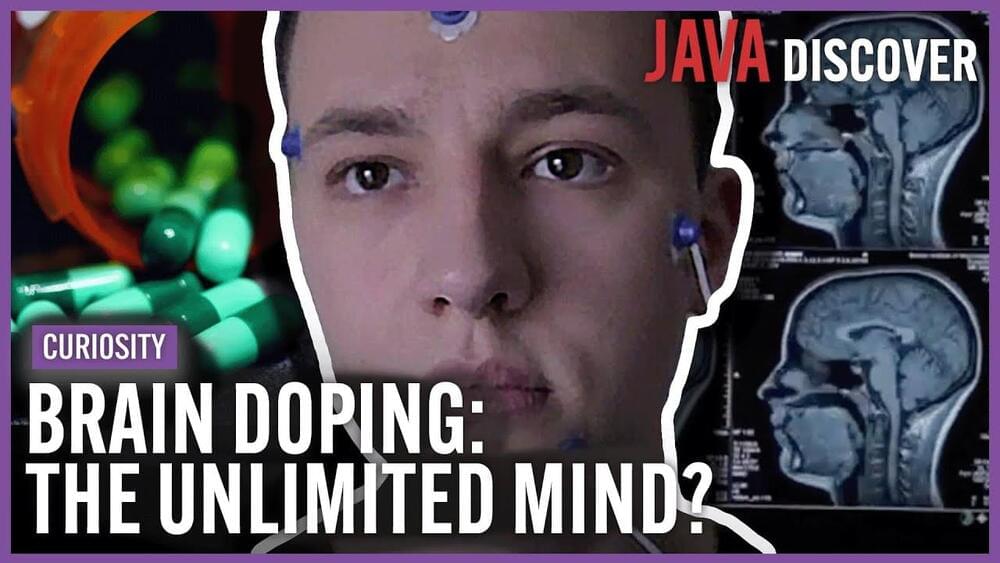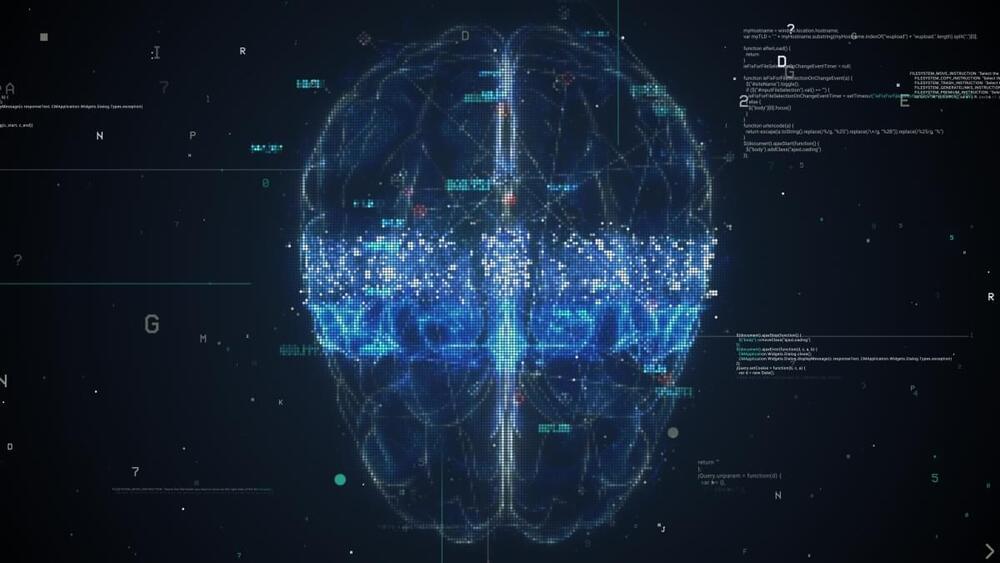Apr 12, 2023
US begins study of possible rules to regulate AI like ChatGPT
Posted by Raphael Ramos in categories: education, policy, robotics/AI, security
WASHINGTON, April 11 (Reuters) — The Biden administration said Tuesday it is seeking public comments on potential accountability measures for artificial intelligence (AI) systems as questions loom about its impact on national security and education.
ChatGPT, an AI program that recently grabbed the public’s attention for its ability to write answers quickly to a wide range of queries, in particular has attracted U.S. lawmakers’ attention as it has grown to be the fastest-growing consumer application in history with more than 100 million monthly active users.
The National Telecommunications and Information Administration, a Commerce Department agency that advises the White House on telecommunications and information policy, wants input as there is “growing regulatory interest” in an AI “accountability mechanism.”
